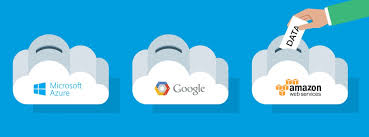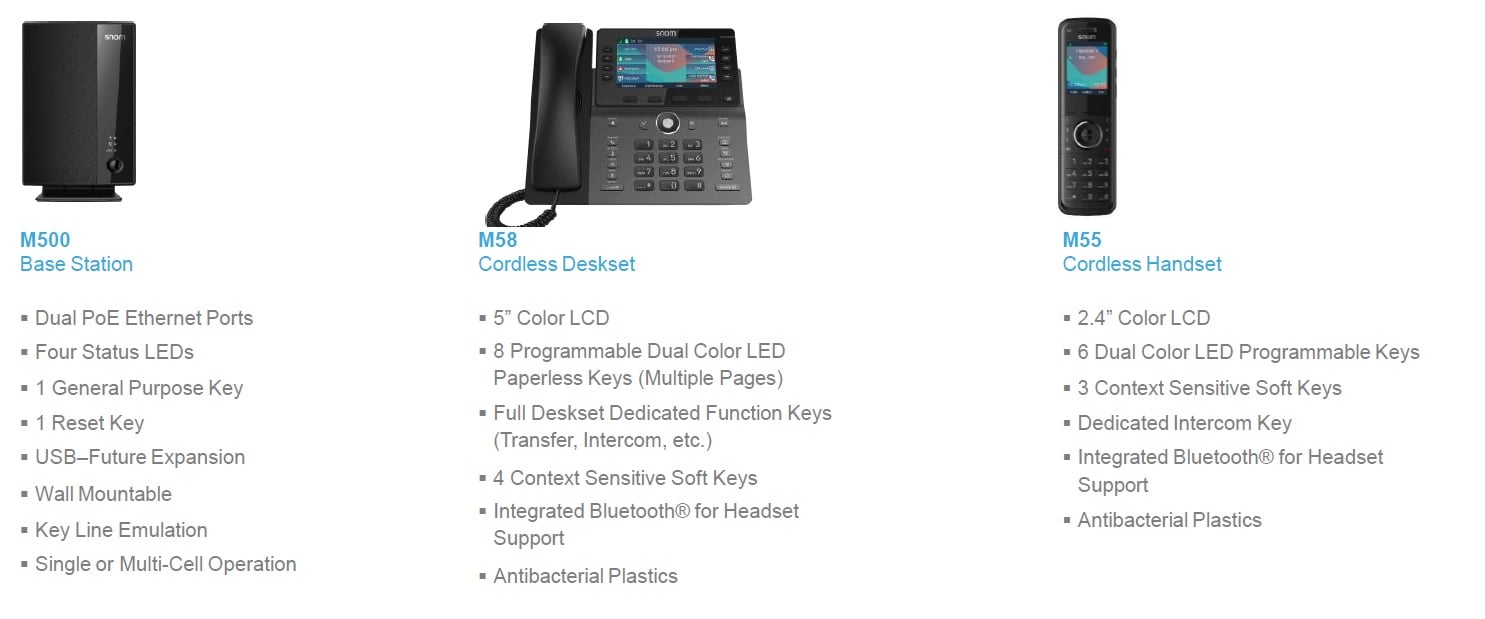
Cloud, cloud, and more cloud. It's being talking about so often you almost can't avoid it but be careful as sometimes the marketing says one thing and then the reality does not live up to the hype!
Back in October, we started explaining the reasons of why you really should NOT consider this a viable path (at least not today). Today, I will expand a few more thoughts and build upon some things that you don't know until you are "in it".
Costing
It all sounds great when you can fire up a virtual machine or "cloud instance" for what seems like lunch money. However, what you don't get is everything is billable as part of the "nickle and dime" show. That means if you had a busy day or you needed more resources unexpectedly the bill can really catch you by surprise. The other thing you don't consider is bandwidth is not "included". Everything takes "juice" and it isn't just when a call comes through. Phone registrations occur every couple of minutes on every device, presence changes, logging into the the system to make changes, basically any move you make on top of and including the core functions of the system "making and receiving calls" will rack up your bill. I don't know about you but I want to know what my costing is going to be especially when I quote my customer a price and don't want to be under water unexpectedly.
Redundancy
Just because you put something in the cloud does NOT mean it's automatically backed up. That is a common mistake when someone moves to the "cloud." It costs extra to backup your environments and it cost even more to have a "warm spare" or require high availability in other regions within the cloud provider's network. When you actually find out what the costing is for some of these options some people tend to "roll the dice" and hope there isn't going to be a problem but let's not be fooled putting a system in with no backup is like driving without insurance you as ASKING FOR IT!
Security
We just went through the largest DDoS attack in internet history back in October when Linux based devices on the public internet were hijacked and then used to take down some of the largest recognizable names online. Just because you put something in the cloud does NOT mean it's secure. But wait what about all the compliance the cloud provider advertises? Just because the cloud provider says it can be secure does NOT mean the way you are doing it is secure. Would you put devices or systems that are on-prem online without a firewall or would you just put it on the public internet with NO protection? Some would say for Windows systems no but for Linux systems they are "more secure". That is a fallacy and October's DDoS attack proves that Linux systems are just as problematic when it comes to security.
























